PRODUCTS

Add:No. 58 Fangbei Rd, Shijiazhuang 050011, Hebei province, China
Tel:+86 311 85319106
+86 13703116356
Fax:+86 311 68090963
Mail:hbkctc@sina.com
Detailed summary of process characteristics of stainless steel casting
The mechanical properties of stainless steel precision casting are relatively high in the process of use, mainly because its product has a relatively high melting point, the molten steel of stainless steel precision casting is susceptible to oxidation, and its molten steel has poor fluidity and large shrinkage during operation. The rate is 10 to 14%.
Stainless steel precision casting In order to effectively prevent its cast steel from producing defects such as insufficient casting, shrinkage, shrinkage, cold insulation, cracks, and sticky sand, it is necessary to take more complicated technological measures than cast iron in the process of use.
Stainless steel precision casting shrinks much more than its cast iron during use. In order to effectively prevent its castings from shrinkage and shrinkage defects, risers and cold iron and subsidy measures are mostly used in the casting process. Sequential solidification can be achieved.
In the precision casting of stainless steel, the fluidity of the molten steel is relatively poor. In order to effectively prevent the cold insulation and insufficient pouring of the cast steel during use, the thick wall of the cast steel must not be less than 8mm. The structure of the pouring system must be simple. And the size of the section is larger than that of cast iron.
Stainless steel precision casting will be because of its high pouring temperature, its molten steel has a high degree of superheat, and it needs to remain liquid for a long time during use. During its use, its fluidity can be improved, but if its temperature is too high, it will It directly causes defects such as coarse grains and thermal cracking.
Stainless steel precision casting is generally small, thin-walled, and complex-shaped castings. The pouring temperature is about 150 degrees of the melting point of steel, and the casting temperature of large thick-walled castings is about 100 degrees higher than the melting point.

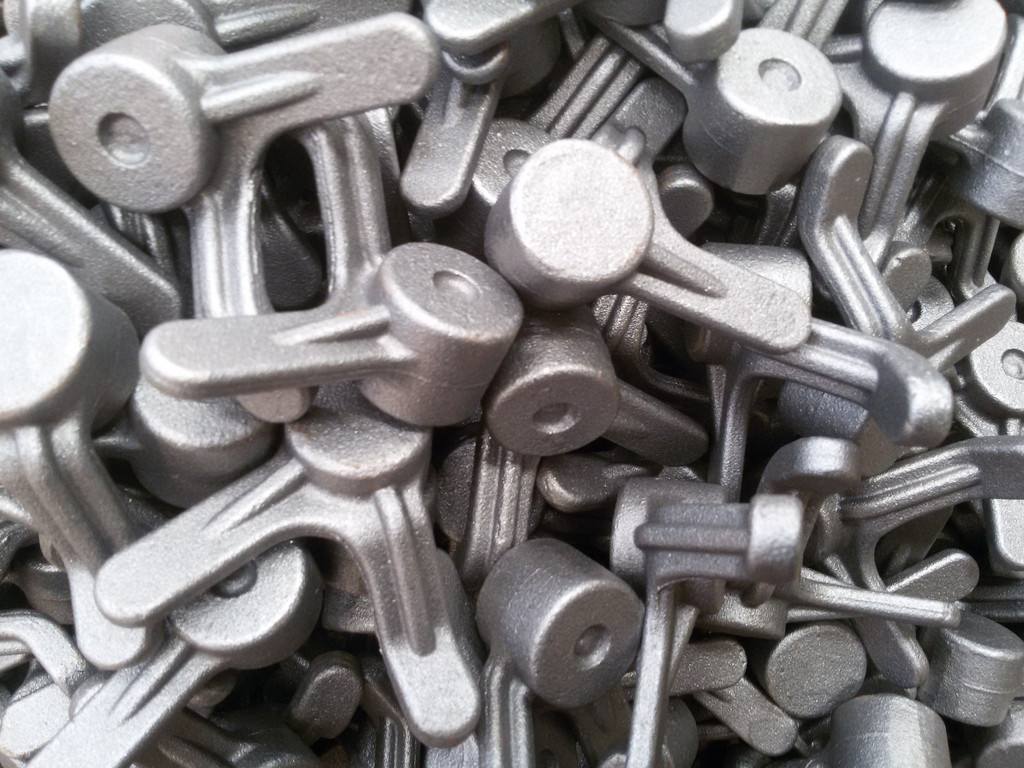
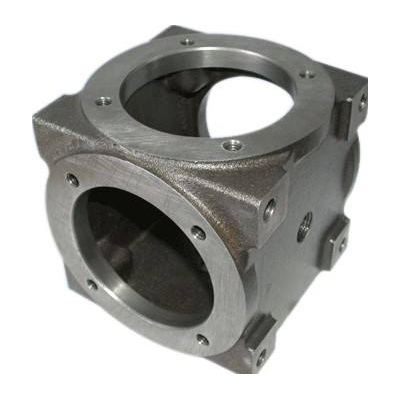
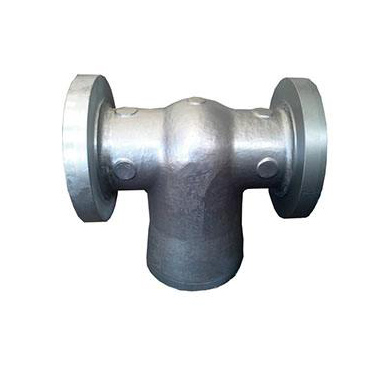
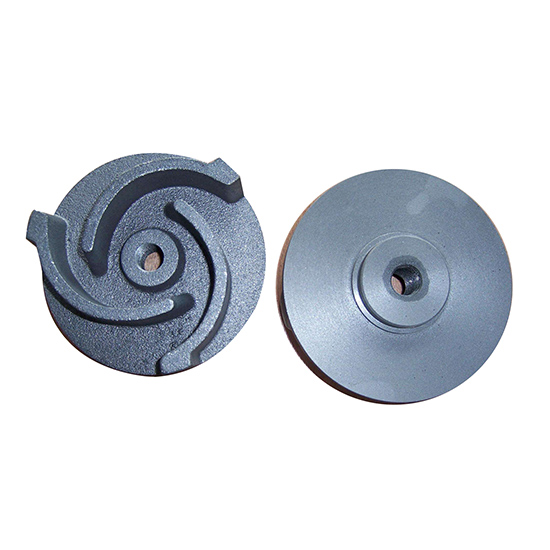
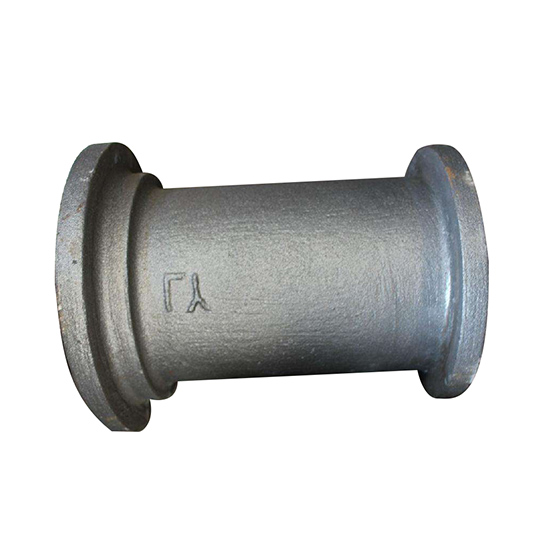
 Add:No. 58 Fangbei Rd, Shijiazhuang
050011, Hebei province, China
Add:No. 58 Fangbei Rd, Shijiazhuang
050011, Hebei province, China Tel: +86 311 85319106
Tel: +86 311 85319106  Mail:
Mail: